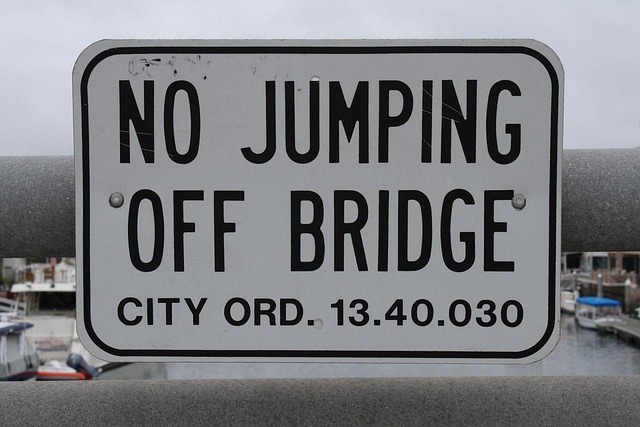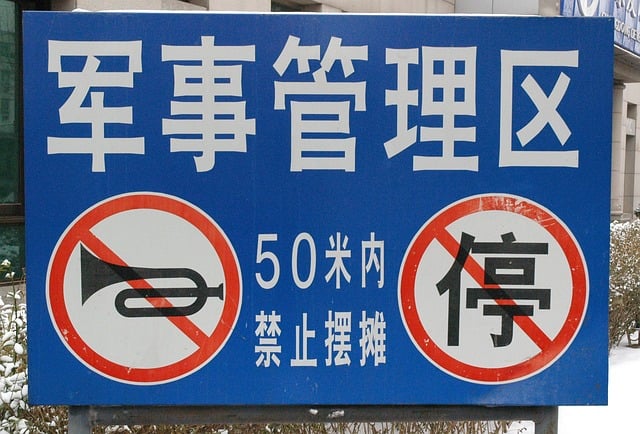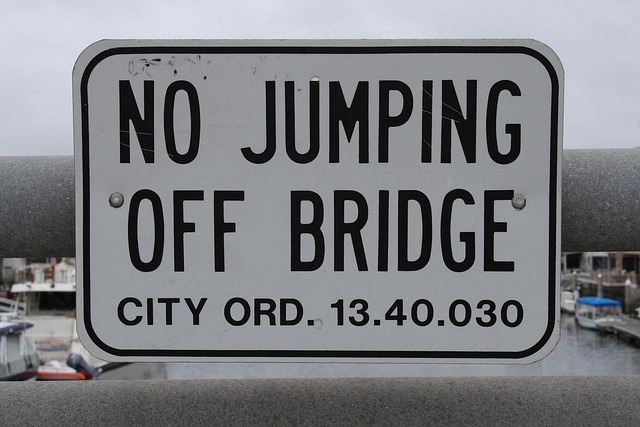Background checks are a crucial aspect of enhancing transportation safety by verifying the eligibility and integrity of drivers and preventing unqualified or dangerous individuals from accessing public transport. Key components include driver background screening for identity verification, driving history, and potential risks, as well as passenger safety background checks to maintain high safety standards in the industry. Modern safety measures prioritize passenger safety and foster public trust through stringent transportation safety checks and industry compliance.
In today’s world, ensuring safe transportation is paramount. Background checks play a pivotal role in preventing unqualified individuals from operating vehicles, thereby safeguarding lives and property. This article delves into the crucial aspect of transportation background checks, exploring their significance in maintaining safety across various sectors. From commercial driver verification to passenger safety screening, we examine how these checks mitigate risks, enhance compliance, and foster trust within the transportation industry.
- The Role of Background Checks in Transportation Safety
- – Importance of ensuring safe drivers
- – Types of transportation safety checks
- – Historical perspective on accident prevention
The Role of Background Checks in Transportation Safety

Background checks play a pivotal role in enhancing transportation safety by ensuring that only qualified and trustworthy individuals are granted access to vehicles and passenger transport. In the realm of commercial driving, driver background screening is a robust tool for identifying potential risks. These screenings go beyond basic identity verification, delving into an individual’s criminal history, employment records, and overall suitability for operating heavy machinery or public transportation. By implementing comprehensive driver background checks, transportation companies can mitigate accidents caused by reckless behavior, substance abuse, or prior convictions.
Passenger safety is another critical aspect improved through background checks. In the transportation industry, compliance with strict screening procedures ensures that individuals who may interact closely with passengers do not pose any threats. Vehicle operator screening processes help maintain a high standard of care and security, fostering public trust in the industry. This, in turn, promotes peace of mind for both drivers and passengers alike.
– Importance of ensuring safe drivers

Ensuring safe drivers is paramount in the transportation industry to prevent accidents and safeguard passengers and goods. Background checks play a pivotal role in this process by verifying the eligibility and integrity of individuals seeking to operate vehicles, be it commercial trucks or public transit buses. These checks act as a crucial layer of protection, helping to identify potential risks associated with unqualified or dishonest drivers.
Transportation background screening, including commercial driver verification and passenger safety background checks, is an essential component of maintaining transportation industry compliance. By implementing thorough vehicle operator screening methods, organizations can minimize the chances of placing unsafe hands on the wheel, ultimately enhancing overall transportation safety standards.
– Types of transportation safety checks

In the transportation sector, ensuring passenger and public safety is paramount. This is achieved through comprehensive transportation safety checks that encompass various types of background screenings. One critical component is driver background screening, which involves verifying the identity, driving history, and any potential red flags associated with commercial drivers. These checks are essential for commercial driver verification, ensuring only qualified and trustworthy individuals operate heavy vehicles.
Beyond driver screening, passenger safety background checks play a vital role in preventing unqualified or dangerous persons from accessing public transport. This includes verifying the backgrounds of bus drivers, taxi operators, and those working in ride-sharing services. By implementing transportation industry compliance measures, such as vehicle operator screening, authorities can maintain a high standard of safety for both passengers and other road users, fostering a secure transportation environment.
– Historical perspective on accident prevention

The historical perspective on accident prevention in transportation highlights a long journey from primitive to modern safety measures. In the early days, road accidents were considered an inevitable byproduct of human mobility. However, with advancements in technology and a growing awareness of public safety, there was a shift towards proactive measures to prevent unqualified drivers from endangering lives. Background checks in transportation evolved from simple driver verification to comprehensive screening processes that encompass both commercial and vehicle operator contexts.
Today, driver background screening plays a pivotal role in ensuring transportation safety checks. These screenings go beyond basic license validation to include criminal history reviews, drug testing, and assessment of driving records. For the commercial driver verification sector, these measures are even more stringent due to the potential impact on passenger safety. Similarly, transportation industry compliance is maintained through rigorous background checks for all vehicle operators, ensuring that only qualified individuals are behind the wheel, thereby fostering a culture of responsibility and accountability in the transportation sector.














